
THIS CONTENT WAS PRODUCED FOR IAMS BY the foundry @ MEREDITH CORP. Daily paws EDITORIAL STAFF WAS NOT INVOLVED IN ITS CREATION OR PRODUCTION.
Getting confessions from cats is no easy task, especially since they tend to hide their issues. If you suspect that your furry friend isn’t their usual gloriously quirky, rebelliously sassy, uncooperative self, they may need your help and an appointment with the veterinarian.
Learn the signs to look for so you can assess your cat’s health based on coat, appetite, temperament, and size, and become the ultimate cat communicator. And by incorporating a healthy, premium diet from IAMS™ that’s tailored to your cat’s individual needs, you can rest easy, knowing you’re supporting their overall health and happiness.

Your Cat’s Coat
Glossy fur can be a good indicator of your cat’s health. A greasy coat with flaky skin is cause for concern, and you should consult the vet. Without the right types and amount of quality protein, fatty acids, essential vitamins and minerals, and plenty of water for hydration, their hair can become dry, weak, brittle, or even fall out.

- Long-haired cats have a lot of fluff to manage, so lend a hand with daily brushing to keep them tangle-free.
- Short-haired kitty coifs require less maintenance, but still need to be brushed one to three times per week.
- Hairless cats don’t require brushing, but they do need regular baths and skin inspections. New spots or rapid pigment changes should be looked into.
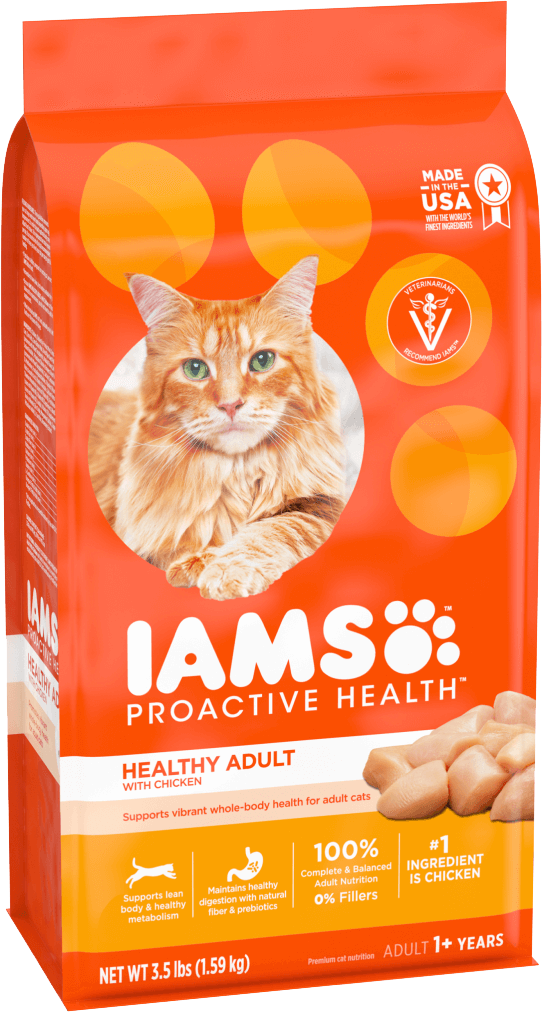
Support Your Cat's Coat
IAMS™ ProActive Health™ Healthy Adult with Chicken is an excellent source of nutrition, with high-quality protein, an optimal omega-6:3 fatty acids ratio for a soft, shiny coat, natural fiber and prebiotics for healthy digestion, and vitamin E to support a healthy immune system.

Your Cat’s APPETITE
Mealtime should always be a meow-worthy event. Cats thrive on routine, so feed them the same food at the same time (or times) daily. And always make sure there’s a clean bowl filled with fresh water available.
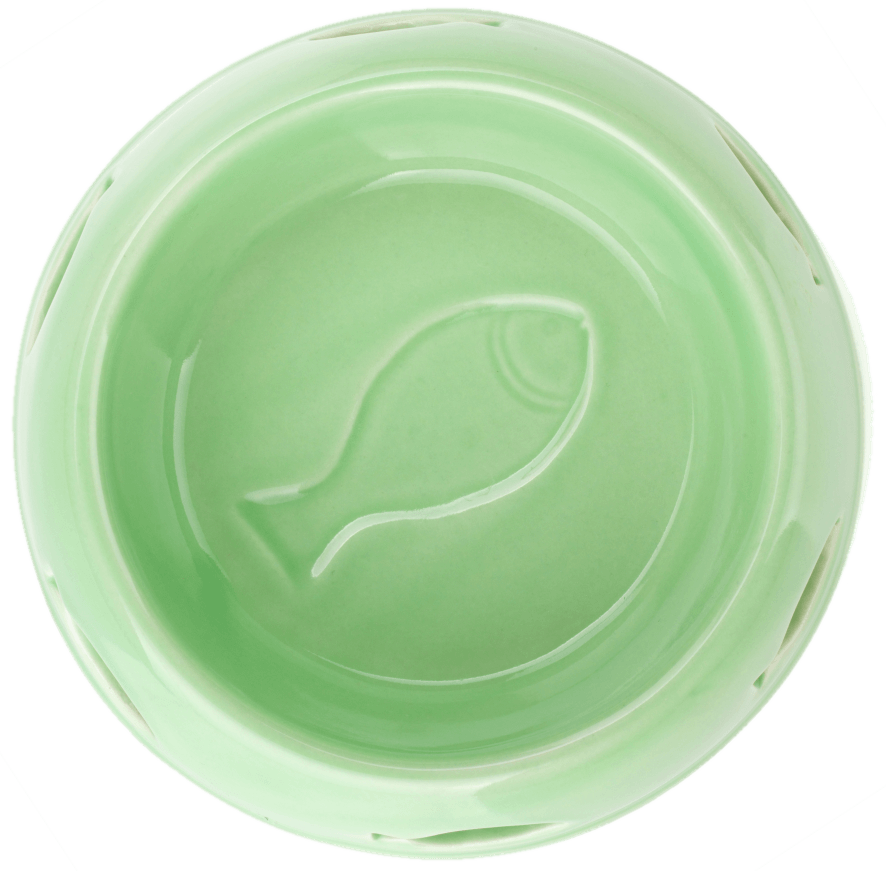
Signs of Appetites Gone Awry
- Cats are notoriously picky eaters, but if you notice that yours isn’t eating at all, or is losing weight, something’s bothering them and it’s time to consult the vet.
- In multi-cat homes, it’s important to know if someone is over-eating or not getting enough food, so give each cat their own specific bowl and space to eat.
- Vomiting and frequent hairballs are abnormal, so consult your vet.
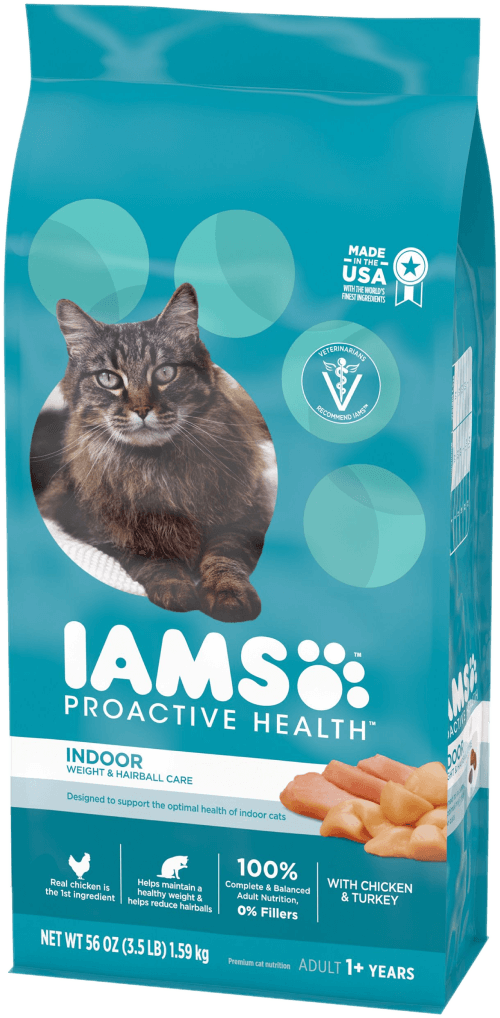
Support Your Cat's appetite
A healthy appetite is a good sign that your cat is thriving.
IAMS™ Indoor Weight and Hairball Care dry food with L-Carnitine promotes fat burning and helps to maintain a healthy metabolism. Plus, it’s packed with antioxidants for a healthy immune system and contains a proprietary fiber blend, including beet pulp, to help reduce hairballs.

Your Cat’s Temperament
Cats can often try not to show weakness until they absolutely have to, so it’s hard to know when they’re unhappy. Changes in behavior or temperament are good indicators that something’s wrong, and you may want to consult your veterinarian.
Signs You Should Consult the Vet

- A decrease in energy level; lack of interest in playing
- Too much sleep or always hiding
- Normal meows start to sound like cries
- Litterbox-trained cats start missing the box or having accidents around the house
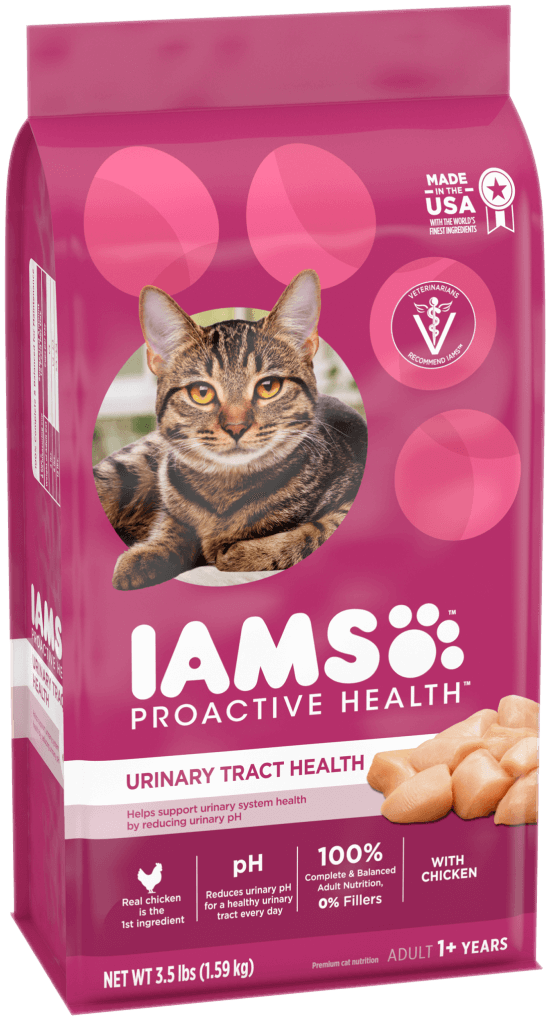
Support Your Cat's Temperament
A nutrient-rich, premium diet like IAMS™ Urinary Tract Health formula with Vitamin E helps to support your cat’s healthy immune system. The real-chicken-first formula helps reduce urine PH for a healthy urinary tract every day, to help your cat feel her best.
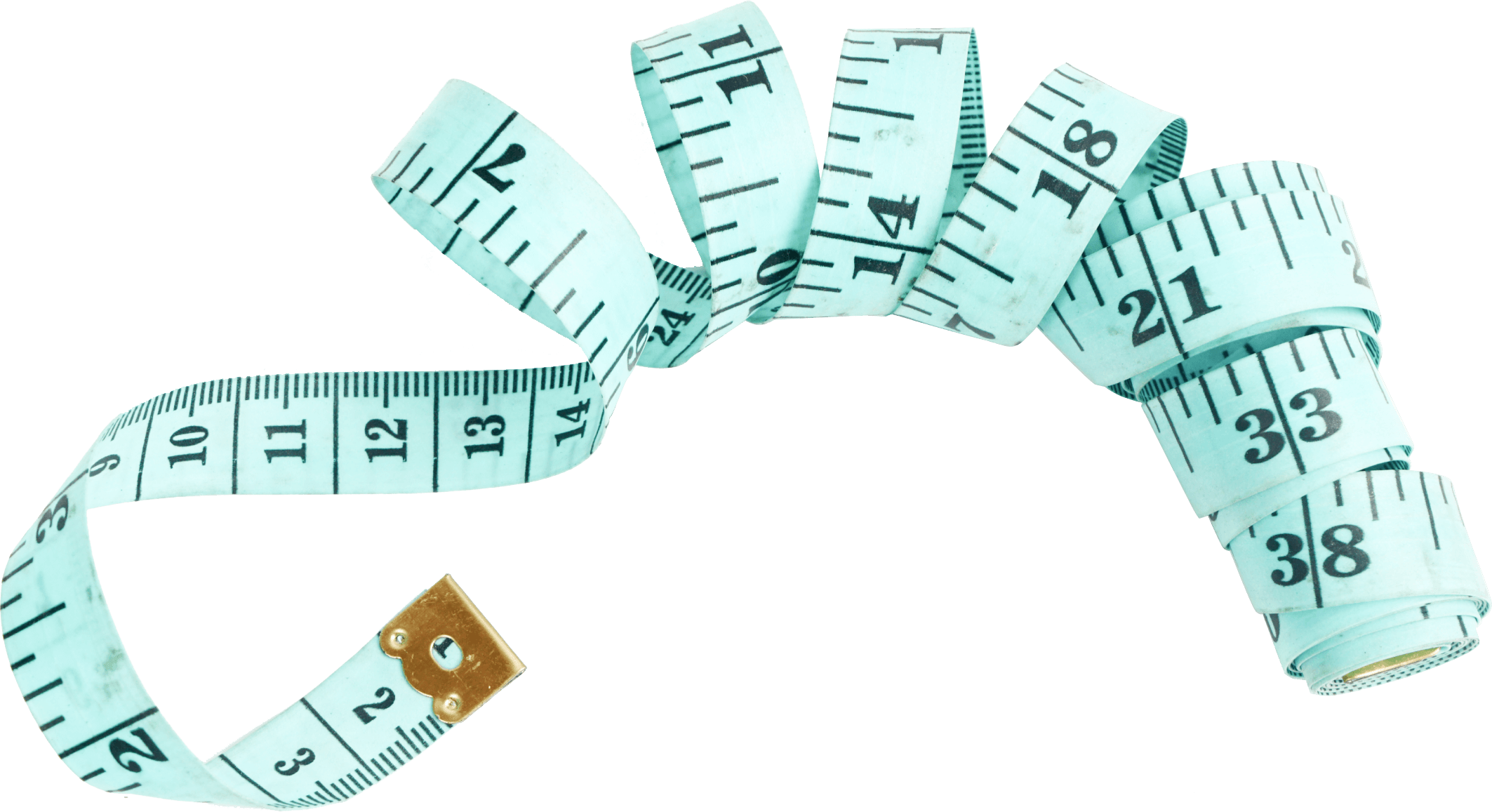
For Good Measure: Your Cat’s Size
A cat’s size depends on breed, life stage, and lifestyle, and it’s not only weight that matters. While holding your cat, you should be able to feel, but not see, the ribs under their fur with a healthy little layer of padding around them. And just like ours, a cat's size can change with age or the season. If you notice rapid weight loss or gain, it’s time to consult your vet.
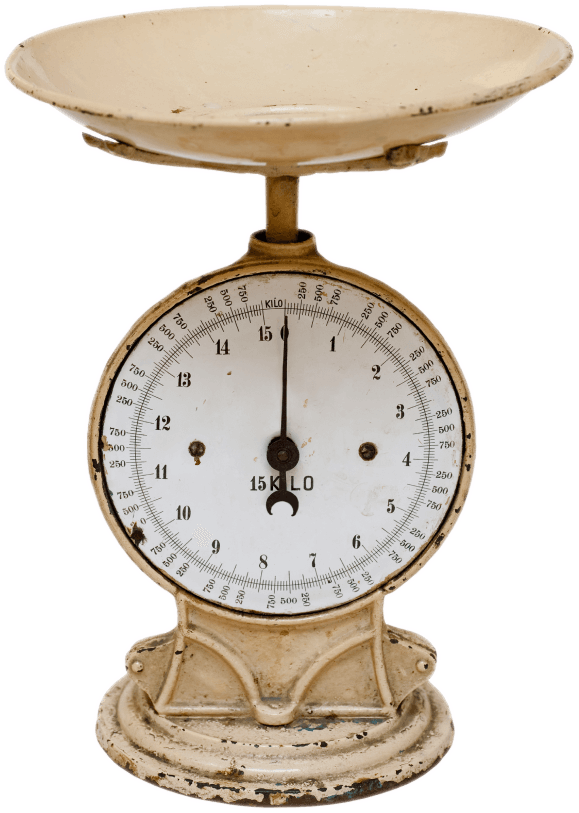
- 5 to 8 lbs.: just right for petite breeds like Siamese cats
- 10 to 15 lbs.: the sweet spot for most cats, including the popular American Shorthair
- 15 to 20 lbs.: on target for larger breeds like Maine Coon cats
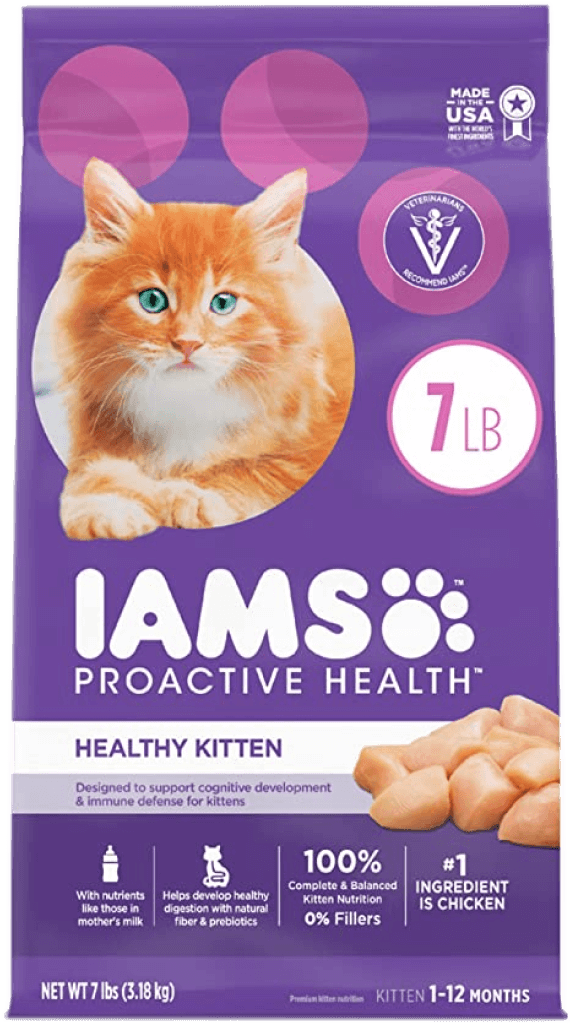
Support Your Cat's Size
When choosing a diet for your cat, be sure to consider age and lifestyle. IAMS™ Healthy Kitten formula provides kittens with a balanced and nourishing diet that includes DHA and nutrients found in their mother’s milk to support rapid development and boundless energy. Older cats should be fed a product that caters to their needs—IAMS™ Healthy Senior is formulated with double the antioxidants of IAMS™ Healthy Adult to support healthy immunity, as well as essential nutrients, including calcium to nourish strong bones and healthy joints.
Taking a proactive approach to your cat’s health through food is simpler than you think. Learn more at IAMS.com






